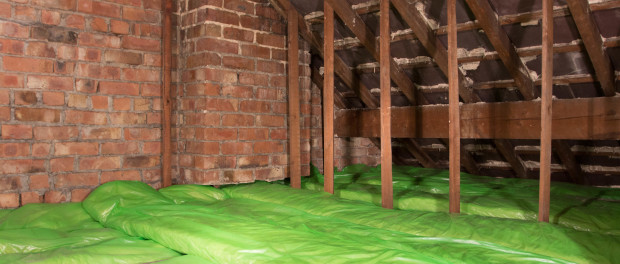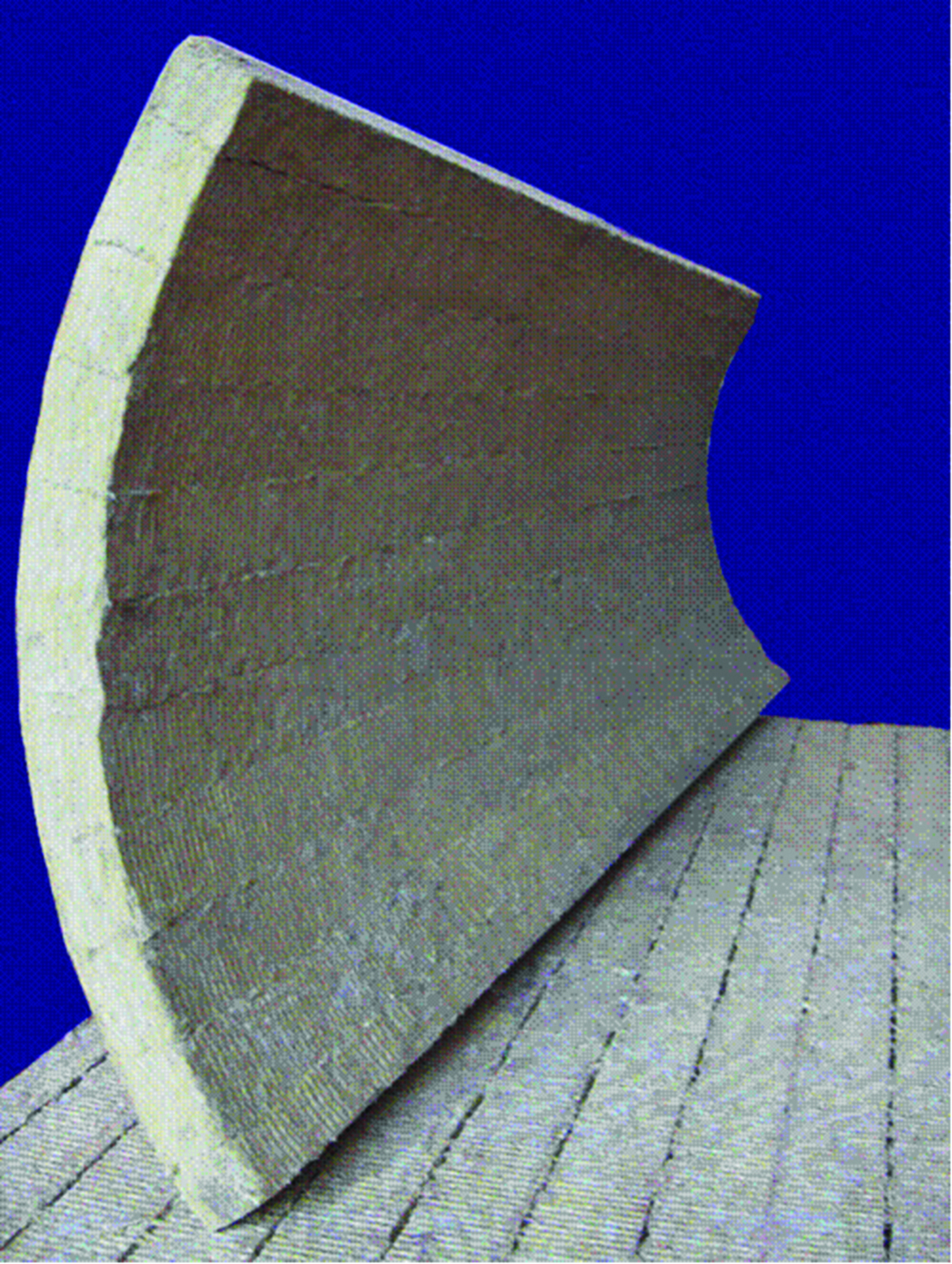The Role Of The Converter In The Insulation Marketplace

In the global drive to reduce greenhouse gas emissions, one of the main focus areas is the reduction in energy consumption in relation to the heating and cooling of buildings. This energy demand is, in many countries, met largely by power stations driven by the burning of fossil fuels, with consequent copious release of carbon dioxide, the main culprit in the greenhouse gas mix.
In in the UK and other western countries, where there is a continuing drive by the EU to implement energy reduction and conservation legislation, high levels of thermal insulation are seen as a key element in the overall strategy.
Here in the UK, manufacturers of thermal insulation products have been investing for decades in increasing production capacity, across a range of generic insulation materials, including mineral wool and foam plastic insulants. The insulation companies produce in bulk for greatest-demand applications such as loft insulation, with little manufacturing flexibility for anything outside the norm. In addition, their ‘economies of scale’ model includes logistics, where ‘full loads only’ is the mantra.
However, there is a myriad of applications where ‘one size fits all’ insulation products are not appropriate. There is probably many a frustrated architect whose novel design idea is back on the drawing board as manufacturers’ standard product ranges are not in tune with his design.
Very often, the insulation manufacturer may have the desire, but not the capability or equipment to make products to an end-user’s specific requirements. Equally, there are instances where the manufacturer does have niche products in his range, but the end-user can still be frustrated by long lead times and minimum order quantity restrictions.
The solution to these problems is provided by insulation converters, such as U-Spec, whose main function is to meet the demand for insulation products outside the ranges of the bulk producers. Very often this is simply applying a facing or covering to off-the-shelf standard products. This is particularly common in HVAC and power generation facilities, where thermal insulation for plant, equipment and distribution pipelines and ducting may need to be supplied with factory-applied weatherproof coverings or acoustic damping layers. A common end-use demand is for insulation products with coloured foils, typically black or white, as alternatives to the bright aluminium facings available from manufacturers. Adapting and converting mass production line insulation products is what converters such as U-Spec do.
The important role of the insulation converter should not be seen as competing with the main manufacturer, as in many cases the two parties work in partnership. The manufacturer will refer enquiries for a specialist or non-standard product to a converter to handle directly, or outsource the production of the specialist product to the converter whilst marketing the end-product under the manufacturer’s brand.
A major advantage offered by converters to those seeking advice regarding a bespoke product is the impartial approach. A converter such as U-Spec has experience of a wide range of generic insulants, from traditional mineral wool to modern materials such as aerogels, vacuum panels and multi-foils. Whereas a bulk manufacturer of one type of insulant has a vested interest in promoting only their products, U-Spec will offer guidance on selecting the appropriate generic type which will meet all the design and operational criteria. Sometimes, the solution will involve the offer of a combination of diverse insulation materials, an area were insulation converters have expertise.
To work in the same marketplace and alongside the main insulation manufacturers, the converter will still need to have the same third-party certification. U-Spec carry quality management, environmental management and health and safety management certification, as well as CE-Mark product labelling and fire certification where required.


